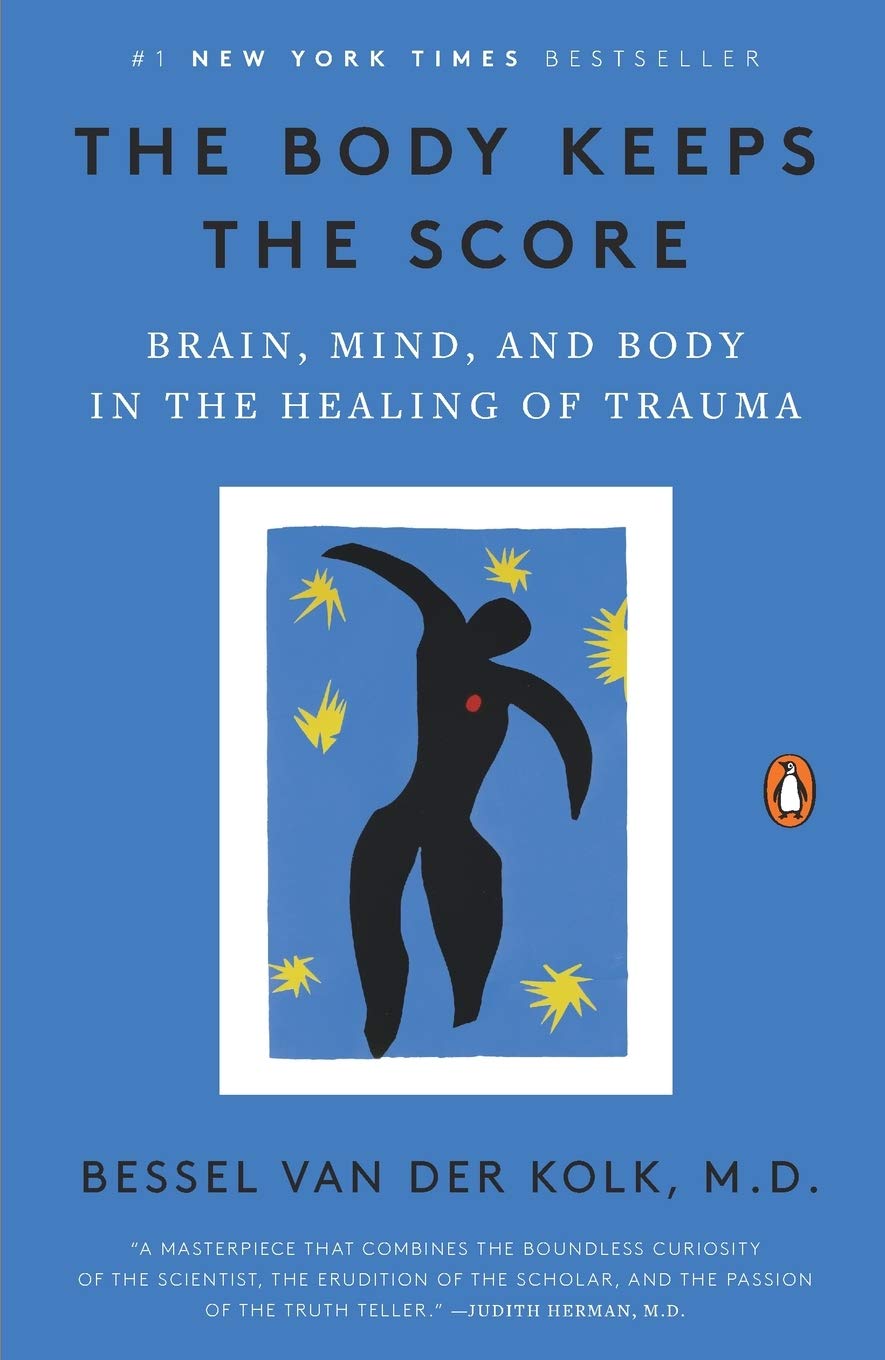Did you know about 70% of adults will experience at least one
traumatic event in their lifetime?
Trauma is more common than you think. We all have our wounds.
But the idea of talking about what happened to us can be confronting, terrifying, or humiliating. And so, we don’t.
We’re afraid of breaking down or being told it’s not that bad. We wonder if what we experienced was even trauma or think we’re the only ones to face anything like it.
The truth is, trauma can impact anyone at any time.
And it looks different for everyone. Because trauma isn’t defined by what happened, it’s defined by how the event made you feel. So ANY moment where you felt overwhelmed, unable to cope, or stop something could be traumatic. And we don’t talk about that enough.
Yes, trauma can be challenging to talk about, but we need to bring it into the light.
1. Talking about trauma ends the stigma
There’s a veil of shame that hangs over the topic of trauma. So much so that most of us avoid the word when telling our story for fear of joining some secret trauma club.
But talking about trauma breaks down the barriers. It helps people understand that trauma can be:
- a one-time event such as a physical or sexual assault, a car accident, the death of a loved one, or a natural disaster.
- regular traumatic experiences over time; including war, chronic abuse, racism, or long-term financial trouble.
- any event or situation makes us feel scared, hurt, ashamed, or unsafe, such as neglect, gaslighting, bullying, deception, rejection, verbal abuse, job loss, or even alarm.
- the absence of something such as emotional or physical neglect. While physical neglect like malnourishment is easy to spot, emotional neglect can be harder to recognise because it occurs when a person’s needs have not been noticed or adequately attended to, and it can be just as traumatising.
Whatever the source, trauma leaves its imprint on the brain. But normalising it can remind trauma survivors they are not alone.
2. Talking about trauma helps you make sense of what happened
When something unspeakable happens, it can be hard to process. With trauma comes a mess of emotions and reactions and questions that don’t make sense.
People who felt supported after a traumatic event and had the chance to talk about it with trusted family, friends, or professionals have better outcomes and can often integrate the experience into their lives. While those who avoid dealing with it by taking on blame, denying it happened, or dissociating through actions like substance abuse often feel the traumatic event defines their life. This unresolved trauma can result in Post-Traumatic Stress Disorder (PTSD), Complex PTSD, personality disorders, anxiety and depression.
But putting your experience into words and honouring the impact it had on your body can give you the perspective to explore and integrate the wounds that are blocking you from thriving. Telling your story in a safe environment, can help you regain a sense of self and learn to trust in your emotions and body again.
If you’ve had a profound experience that has changed the way you see yourself, others, and the world, a trauma-informed therapist, counsellor, or psychologist can help you process the trauma so you can move forward in life with a coherent story.
3. Talking about trauma can help you grow and evolve
Talking about trauma won’t change the past, but it can change your future.
Trauma makes us look inside ourselves because no matter how often we try to leave the past in the past, it finds a way to resurface – sometimes when we least expect it. By naming it, you can tame your trauma reactions, so they no longer control you. By leaning into it, and processing your feelings, you can heal.
And as you work to make sense of it, you can sharpen your sense of what really matters in life:
- Physical health
- Mental health
- Relationships
- Community
- Spirituality.
Plus, when you feel safe enough to let your guard down and share all the parts of your story, you’ll realise your own strength and resilience. And that is a beautiful thing.
Trauma can influence your mental, spiritual and physical health. And it can be hard to speak about. But that doesn’t mean we should avoid it. Instead, let’s foster a society with trauma-informed conversations that lead to healing and growth for everyone.
Need some more tips on how to talk about Trauma?
Blueknot Foundation has a helpful Talking about Trauma guide to having trauma-informed conversations by focussing on safety, trust, choice around the conversation, collaboration and empowerment.
Want to hear more people talking about Trauma?
On Being with Krista Tippett
How Trauma Lodges in the Body
Listen to psychiatrist Bessel van der Kolk talk about the effects of overwhelming
experiences, our need for others, and how our brains take care of our bodies.
Like a good read? Our top pick for relationships and trauma
The Body Keeps Score by Dr Bessel van der Kolk
Explore the role of mind, body, and spirit in transforming trauma and reclaiming life.



